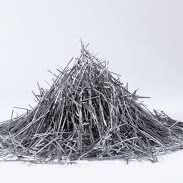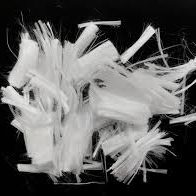Professional solutions on concrete addtives, Concrete Foaming Agent, Superplasticizer, CLC Blocks Additives, and foaming machine
PRODUCT PARAMETERS
Description
Introduction of Polypropylene Monofilament Fiber
Polypropylene monofilament fiber is a new type of concrete reinforcing fiber, which is called the secondary reinforcing bar of concrete. Polypropylene monofilament fiber is a synthetic fiber made by adding polypropylene material to the masterbatch, blending, spinning and stretching, and then using special processes such as anti-static and anti-ultraviolet. It is a special fiber for concrete and mortar, which can effectively It controls cracks in concrete and mortar due to shrinkage, dry shrinkage and temperature changes, greatly improves the anti-cracking, anti-permeability and anti-abrasion properties, increases the toughness of concrete, and thereby increases the service life.
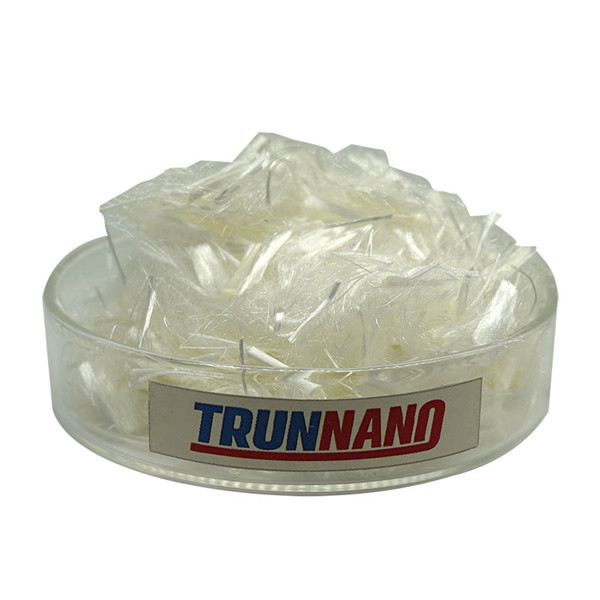
Features of Polypropylene Monofilament Fiber
1. Crack-resisting effect on concrete. Polypropylene fibers are distributed three-dimensionally in concrete, which can effectively reduce the stress concentration at the tip of micro-cracks and prevent micro-cracks.
occurrence and expansion.
2. Can enhance the fire resistance of concrete.
3. Adding polypropylene fiber to concrete can improve its crushing resistance and toughness; it also has significant effects on impact resistance and wear resistance.
4. Improve the anti-freeze performance of concrete such as mortar plastering.
5. To improve the durability of concrete, polypropylene fiber greatly reduces the occurrence and development of cracks due to its good crack resistance effect, and the reduction of internal porosity has a great impact on the concrete durability.
The corrosion channels of the main structural steel bars are reduced, thereby greatly improving the durability of the concrete.
6. Enhance the strength and toughness of UHPC ultra-high performance concrete and improve the performance of UHPC ultra-high performance concrete.
Parameters of Polypropylene Monofilament Fiber
| Density | 0.91g/cm | Shape | Monofilament |
| Equivalent diameter | 18-50μm | Acid and alkali resistance | ≥95% |
| Length | 0.5mm、3mm、4mm、6mm、8mm、9mm、12mm、19mm、Can be customized | Tensile strength | ≥500Mpa |
| Melting point | 160-170℃ | Elastic modulus | ≥4000Mpa |
| Elongation at break | 25±5% | Water absorption | Does not absorb water |
Application of Polypropylene Monofilament Fiber
1. Concrete pavements, bridge decks, airport runways, factory floors and other projects with high crack resistance requirements.
2. Projects using special construction methods such as walls and roofs of tunnels and mines.
3. River courses, dams, reservoirs and other projects.
4. Military protection projects, dock revetments, bridge piers, etc.
5. Make concrete components, pipes, plates, etc.
6. Spraying, pumping concrete, etc.
7. Chemical plants with higher requirements for alkali resistance and chemical corrosion, etc.
8. Ultra-high performance concrete, etc.
9. Cement mortar, concrete mortar, etc.
Using Method of Polypropylene Monofilament Fiber
Recommended dosage: 1-2kg/m3, concrete with special requirements can reach 15kg/m.
Mixing process: add aggregate → add fiber → add cement → add water → stir → add additional water until all fibers are dispersed.

Company Profile
Cabr-Concrete is the global leader in Low-Density Cellular Concrete (LDCC), Celluar Light Concrete (CLC), and advanced engineered foam solutions. Known globally for its commitment to research, innovation, and applied expertise, we have been providing engineered foam solutions since the early 2012’s.
We can supply Concrete Fiber over the world. The company has a professional technical department and quality supervision department, a well-equipped laboratory, and equipped with advanced testing equipment and after-sales customer service center.Send us an email or click on the needed products to send an inquiry.
If you want to know more about Polypropylene Monofilament Fiber, please feel free and contact us: sales@cabr-concrete.com

Packaging and Storage of Polypropylene Monofilament Fiber
Packaging: inner plastic bag 0.6kg-2kg per small package, outer woven bag or carton 20kg-25kg per package, 500kg per pallet, can also be produced and packaged according to user requirements.
Payment
T/T, Western Union, Paypal, Credit Card etc.
Shipment
By air, by sea, by express, as customers request.
FAQs of Polypropylene Monofilament Fiber
Q1: Is polypropylene monofilament fiber resistant to chemicals?
A1: Yes, polypropylene fibers are known for their excellent chemical resistance. They are unaffected by most acids, alkalis, and solvents, making them suitable for use in harsh environments.
Q2: How does polypropylene monofilament fiber perform in extreme temperatures?
A2: Polypropylene fibers are generally stable across a wide range of temperatures but may soften at high temperatures. They are typically used in applications where the operating temperature does not exceed their melting point, which is around 160-170°C (320-338°F).
Q3: Are there any environmental concerns associated with using polypropylene monofilament fiber?
A3: Polypropylene is a recyclable material, and when used in concrete, it can contribute to reducing the environmental impact by increasing the lifespan of the concrete structure and reducing maintenance needs. However, the production and disposal of polypropylene do have environmental implications, which should be considered in a lifecycle assessment.
Q4: How do I store polypropylene monofilament fiber?
A4: Store polypropylene fibers in a cool, dry place, protected from UV light and moisture to prevent degradation. Ensure that the packaging remains sealed until ready for use.
Q5: What are some typical applications for polypropylene monofilament fiber?
A5 These fibers are widely used in applications such as road construction, bridge decks, industrial floors, precast concrete elements, and sprayed concrete for tunnels and mines. They are also used in the manufacturing of concrete blocks and pavers.
REQUEST A QUOTE
RELATED PRODUCTS
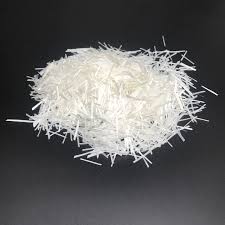
High Quality Fiberglass Chopped Strands Alkali Free Glass Fiber Chopped Strand For Concrete Use
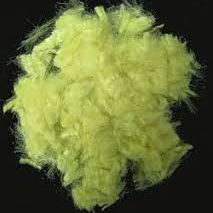
Aramid Fiber Aromatic Nylon For Concrete Use
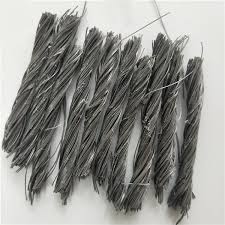
High Quality Polypropylene Bundled Fiber For Concrete Using
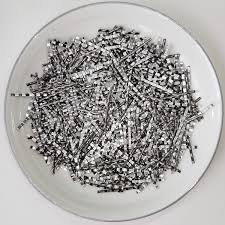
Milling Steel Fiber Mill-Cut Hooked Concrete Steel Fiber Concrete Binder Architecturally Acicular Steel Fiber
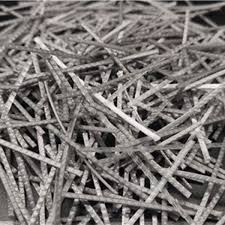
PPF series polypropylene crude synthetic fiber
